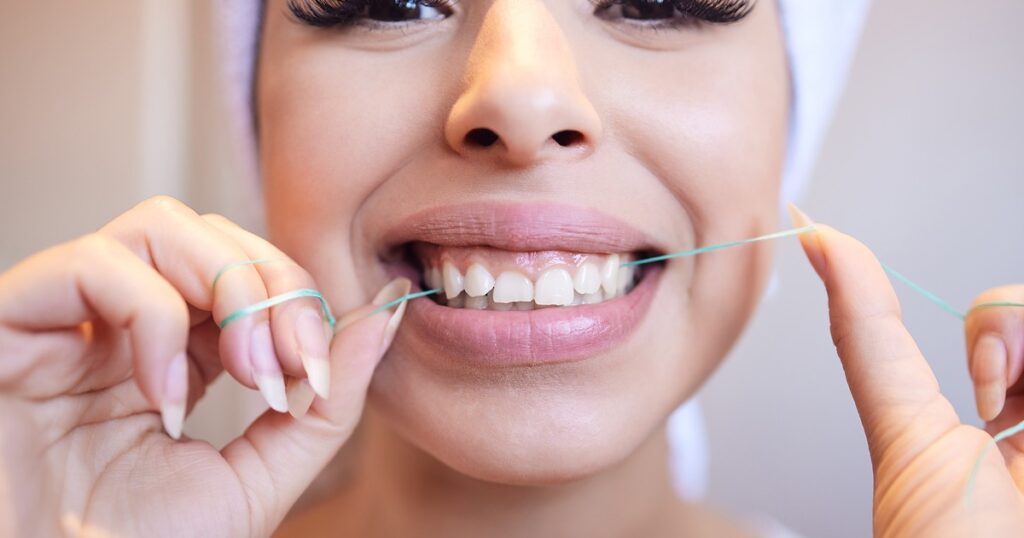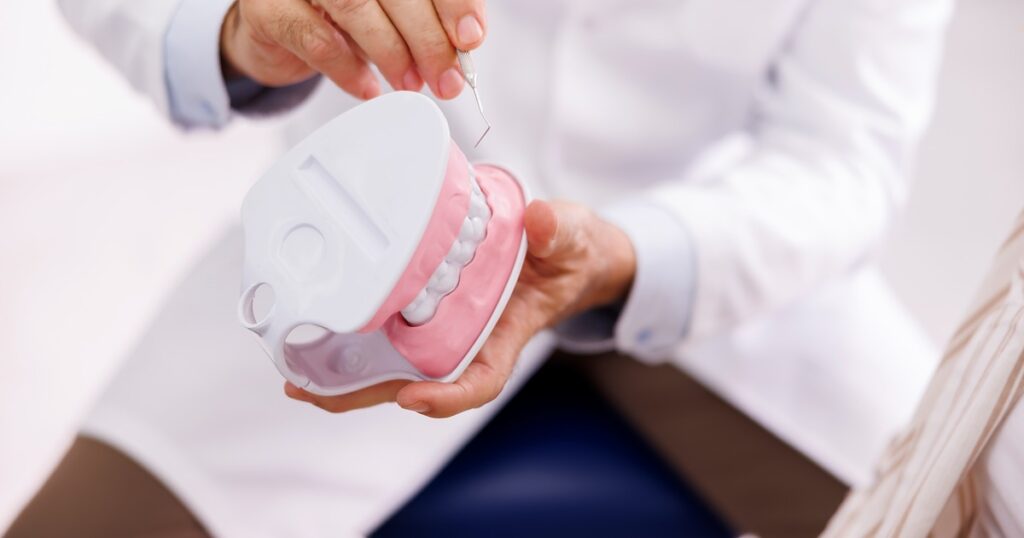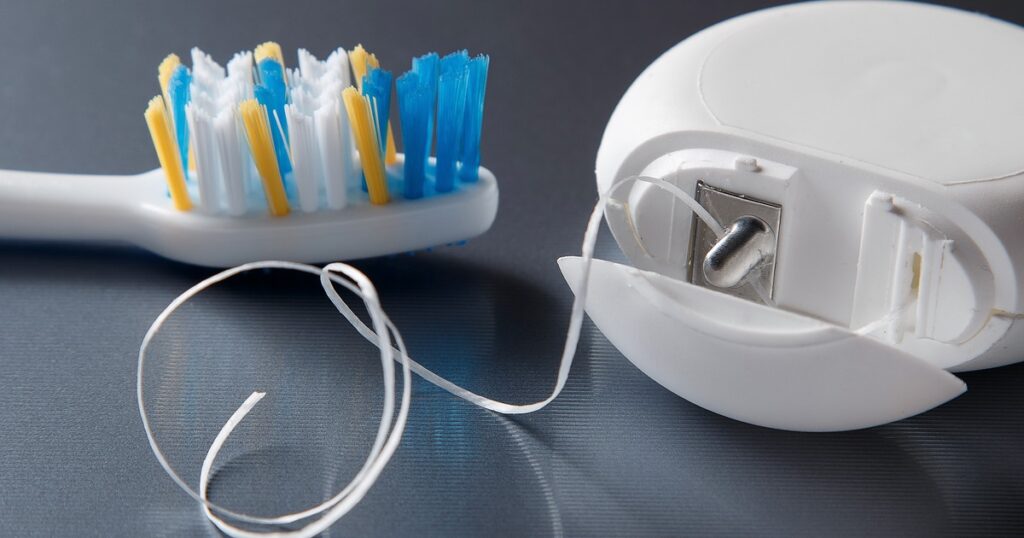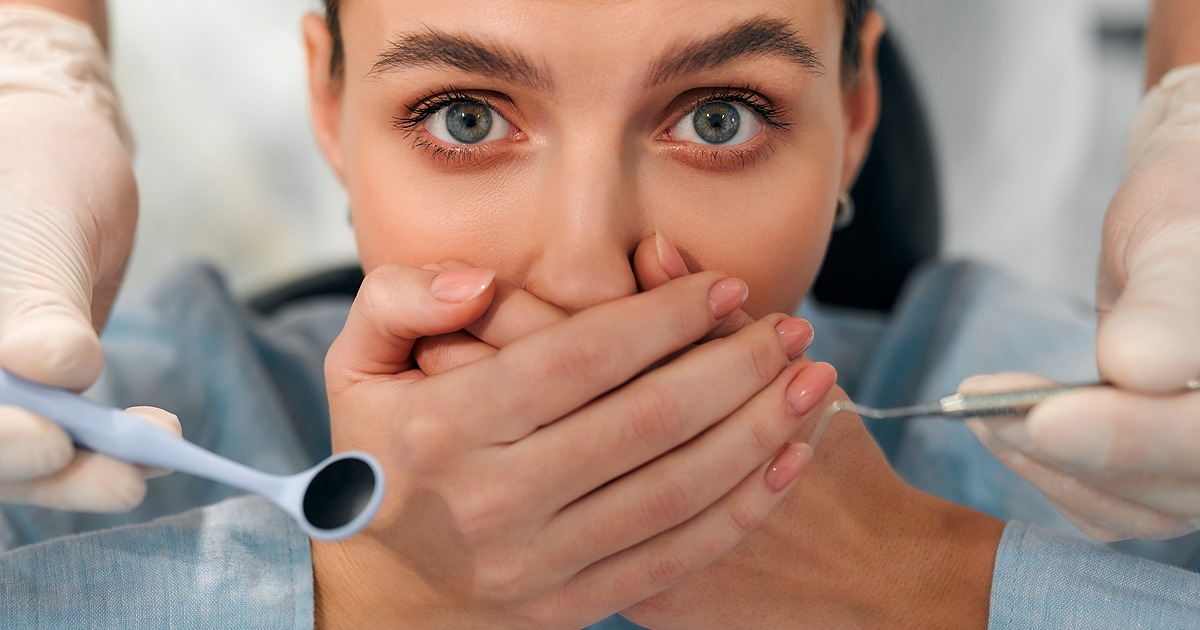Bad Breath (Halitosis): Causes, Treatments & Prevention Guide
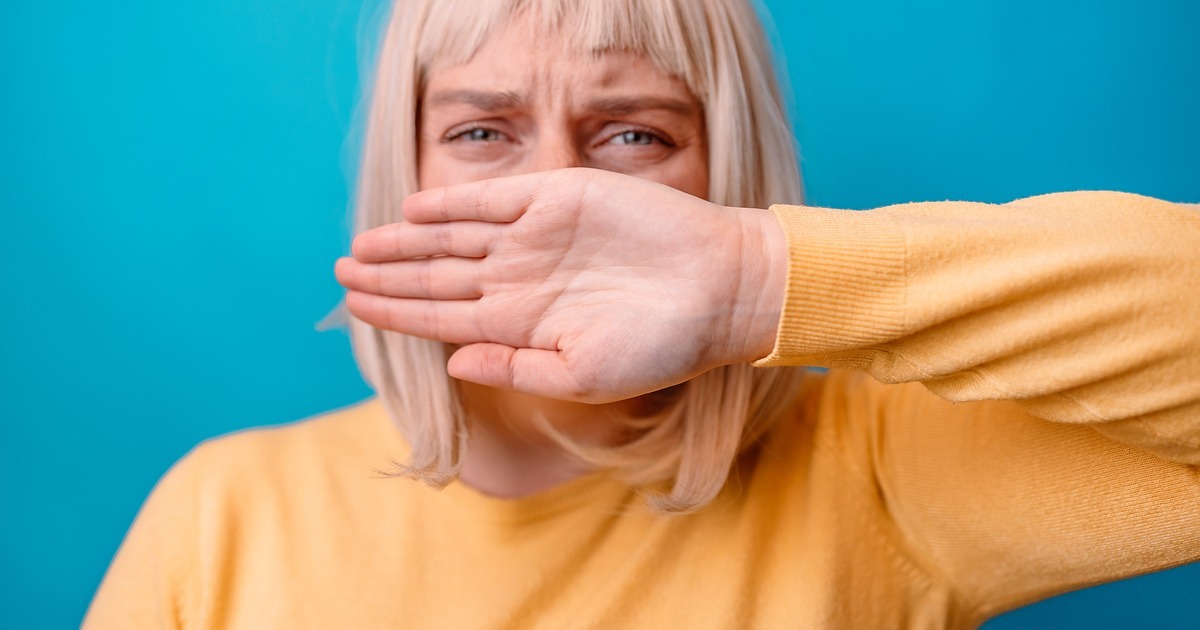
Bad breath, medically known as halitosis, is a common condition that affects millions of people worldwide. While it’s often temporary (like morning breath), persistent bad breath can signal underlying oral health issues. In this guide, we’ll explore the causes, treatments, prevention methods, and myths about bad breath — with links to helpful detailed posts.
1. What is Bad Breath?
Bad breath is an unpleasant odor that comes from the mouth. It may be occasional, chronic, or related to specific foods, habits, or health conditions.
👉 Read more: Bad Breath: Everything You Need to Know
2. Common Causes of Bad Breath
There isn’t a single cause. Bad breath can result from:
-
Poor oral hygiene (plaque and bacteria buildup)
-
Food particles (like garlic, onions, coffee)
-
Dry mouth (low saliva flow)
-
Gum disease
-
Tonsil stones
-
Underlying health conditions (like diabetes, GERD, or sinus infections)
👉 Detailed article: Causes of Bad Breath
3. Bad Breath and Oral Hygiene
Bad breath often starts with poor oral hygiene. Not brushing, flossing, or cleaning the tongue allows bacteria to thrive.
👉 Learn more: How Oral Hygiene Affects Bad Breath
4. Morning Breath
Most people wake up with bad breath in the morning. This happens because saliva production slows while you sleep, giving bacteria time to multiply.
👉 Full guide: Why Do You Get Morning Breath?
5. Foods That Cause Bad Breath
Certain foods (like garlic, onions, spicy meals, alcohol, and coffee) are strongly linked to temporary bad breath.
👉 Explore list: Foods That Cause Bad Breath
6. Dry Mouth and Bad Breath
Saliva washes away food particles and bacteria. Without enough saliva, the mouth becomes dry — and odor-causing bacteria thrive.
👉 Read more: Dry Mouth and Bad Breath Connection
7. Bad Breath and Gum Disease
Persistent bad breath may be a sign of gum disease (gingivitis or periodontitis). Infected gums harbor bacteria that produce strong odors.
👉 Learn more: Bad Breath Caused by Gum Disease
8. Medical Conditions Linked to Bad Breath
Sometimes, halitosis isn’t about your mouth at all. Conditions like diabetes, respiratory infections, acid reflux, or liver/kidney problems can cause strong odors.
👉 In-depth article: Medical Causes of Bad Breath
9. Myths About Bad Breath
There are many myths, such as:
-
Mouthwash alone cures bad breath (false – it only masks it temporarily).
-
Only people with poor hygiene have bad breath (false – health conditions matter too).
👉 Full breakdown: Bad Breath Myths
10. How to Prevent Bad Breath
Simple lifestyle and oral care changes can help:
-
Brush twice daily and floss once a day.
-
Clean your tongue with a scraper.
-
Stay hydrated.
-
Avoid foods that trigger odors.
-
Visit your dentist regularly.
👉 Step-by-step guide: How to Prevent Bad Breath
11. Treatments and Remedies for Bad Breath
-
Professional dental cleaning
-
Treating gum disease
-
Using mouthwashes with antibacterial properties
-
Chewing sugar-free gum
-
Hydration and diet changes
👉 Detailed guide: Bad Breath Remedies
12. When to See a Dentist for Bad Breath
If your bad breath doesn’t improve with good oral hygiene and lifestyle changes, it’s time to see a dentist. Chronic halitosis may indicate something serious.
👉 Read more: When to See a Dentist for Bad Breath
13. Tonsil Stones and Bad Breath
Tonsil stones (tonsilloliths) are small, hard deposits that form in the crevices of the tonsils. They trap bacteria and food particles, often leading to chronic foul-smelling breath. Even with good brushing, tonsil stones can keep producing odor until treated.
👉 (Later link to: Tonsil Stones and Bad Breath)
14. Does Smoking Cause Bad Breath?
Smoking and tobacco use are leading causes of persistent bad breath. Tobacco dries the mouth, coats the tongue, and leaves lingering odors. It also increases the risk of gum disease, which makes halitosis worse.
👉 (Later link to: Does Smoking Cause Bad Breath?)
15. Can Braces or Dentures Cause Bad Breath?
Yes — braces and dentures can trap food particles and bacteria if not cleaned properly, leading to bad breath. Proper care, special brushes, and regular dentist visits are essential to avoid odor.
👉 (Later link to: Can Braces or Dentures Cause Bad Breath?)
16. Best Mouthwashes for Bad Breath
Mouthwash can be a quick fix, but not all are equal. Alcohol-based rinses may worsen dry mouth, while antibacterial or fluoride-based rinses target bacteria and strengthen teeth. Choosing the right mouthwash is key for long-term freshness.
👉 (Later link to: Best Mouthwashes for Bad Breath)
17. Bad Breath in Children vs. Adults
Bad breath isn’t just an adult issue. Children can also develop halitosis due to poor brushing, cavities, sinus infections, or even mouth breathing at night. Understanding the difference between causes in kids and adults is crucial for proper treatment.
👉 (Later link to: Bad Breath in Children vs. Adults)
Final Thoughts
Bad breath is a condition that almost everyone experiences, but when it becomes persistent, it can affect your confidence, social life, and even indicate deeper health problems. With proper oral hygiene, regular dental care, and lifestyle adjustments, most cases can be managed effectively.



